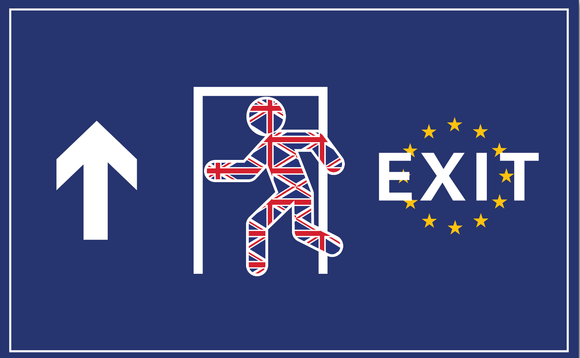When Douglas Adams wrote the Hitchhiker’s Guide to the Galaxy, Britain hadn’t long joined the EU. The book became a sensation and it gradually turned into a series. The author described his tardiness in producing the promised sequels with the immortal line ‘I love deadlines – I love the whooshing sound as the fly by’. Eventually, the 4th book of the ‘trilogy’ came out at around the time of the EU Single Market Act in the mid 80’s, and as the UK leaves the EU, the title seems prescient. Or as in the Foreword to the 1st book, ‘…it contains much that is apocryphal, or at least wildly inaccurate …’!
In the final stages of the negotiations, the debate about the future relationship between the UK and EU seemed to revolve around trades offs involving fish and the level playing field. In severing ties, there has been a lot of discussion of the competitive position and the impact of environmental regulation as well as other legal factors. The EU was very concerned that Britain would relax standards to create a competitive advantage.
From a British perspective, regulations affecting the water industry have always been taken seriously and a suspicion remains that in some other European countries, strict observance has been less enthusiastic. Actually, it was a Brit who said ‘Rules are for the guidance of wise men and the obedience of fools’, so how come it has been the UK that is the stickler for the rules?
However, the perspective that Britain has that historically, we followed the environmental rules is a bit too rose tinted. In 1990, the UK was dubbed the ‘Dirty Man of Europe’ for failure to prevent sewage discharges straight into the sea. Privatization provided funding and a mechanism to clean up our act, but as recently noted in my blog of 16th October, inland waters still receive untreated sewage discharges during storm conditions in far too many places and far too often.
Laws to control pollution of our water sources have been in place in Europe and North America for 50 years. Unfortunately, there have been too many occasions on which both the UK and EU have not followed the rules and have made too many excuses not to do so. A privatised industry should at least provide a mechanism to ensure compliance, but it doesn’t always seem to work out like that.
Furthermore, the new laws covering wastewater reuse are only just being drafted and they are only implemented at a country level in a very few cases. The EU has not been at the forefront of reuse legislation. However, it is at last catching up by introducing reuse legislation with an overall Directive and specific laws scheduled in 2021 for six Mediterranean countries expected to implement reuse schemes widely.
Hopefully, the UK will continue to follow the EU’s lead on reuse legislation despite the divorce, but there does not seem to be evidence at the moment that the UK is seizing the initiative. The need for reuse will probably be at least as great in the UK as in any of the EU 27. Reuse makes sense from a sustainability standpoint since it is the only alternative resource option that doesn’t need excessive energy which constrains schemes based on desalination or reservoirs combined with long distance transfers. The UK needs to nail its colours to the mast and become a champion of reuse providing guidelines and legislation to encourage its introduction and remove any lingering suspicion that we might be lagging behind.

